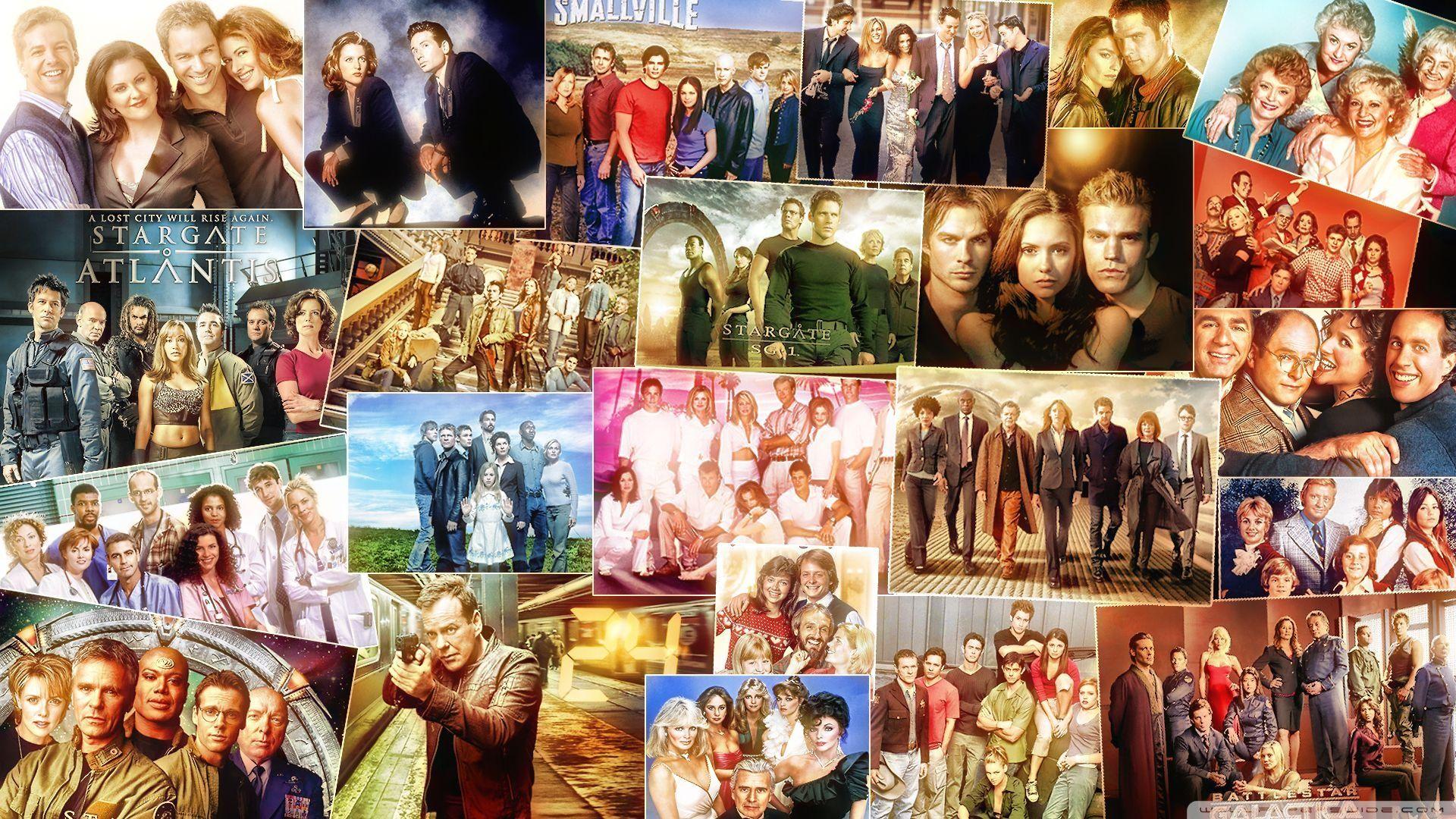
FAQ About Soap Operas
Why are soap operas called "daytime dramas"?
Soap operas are often referred to as "daytime dramas" because they were traditionally aired during the daytime hours on television and radio. The term "daytime" indicates the specific time slot when these dramas are broadcast.
Historically, soap operas were primarily targeted at and consumed by a predominantly female audience, many of whom were homemakers or stay-at-home mothers. The daytime hours, when many people were at home, provided an ideal opportunity to reach this target demographic. These viewers could tune in to soap operas while taking care of household chores or during breaks in their daily routines.
The term "drama" in "daytime dramas" reflects the genre's focus on dramatic storytelling, often involving emotional conflicts, intricate relationships, and intense plotlines. Soap operas are known for their melodramatic elements, which captivate viewers and keep them engaged in the ongoing narratives.
Over time, the term "daytime dramas" has become synonymous with soap operas, distinguishing them from other types of television dramas that may air during different time slots, such as primetime dramas that are broadcast in the evenings.
It's worth noting that with changes in television viewing habits and the availability of streaming platforms, soap operas are no longer strictly confined to daytime slots. Some are now available for streaming or aired during evening hours, but the term "daytime dramas" has persisted as a common descriptor for the genre.
